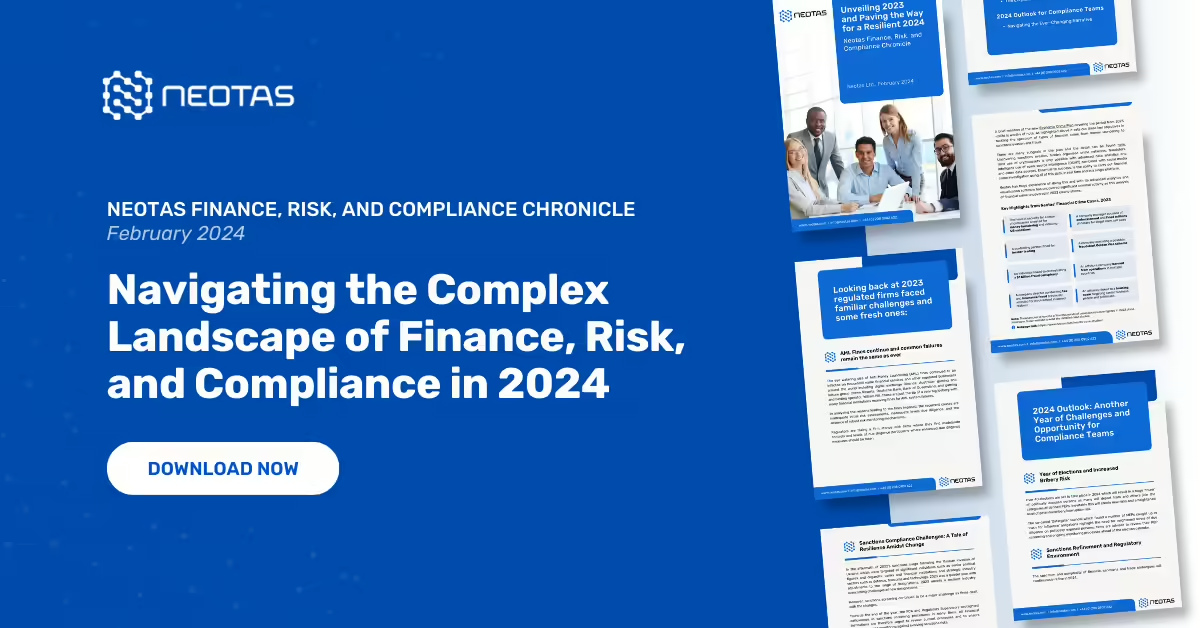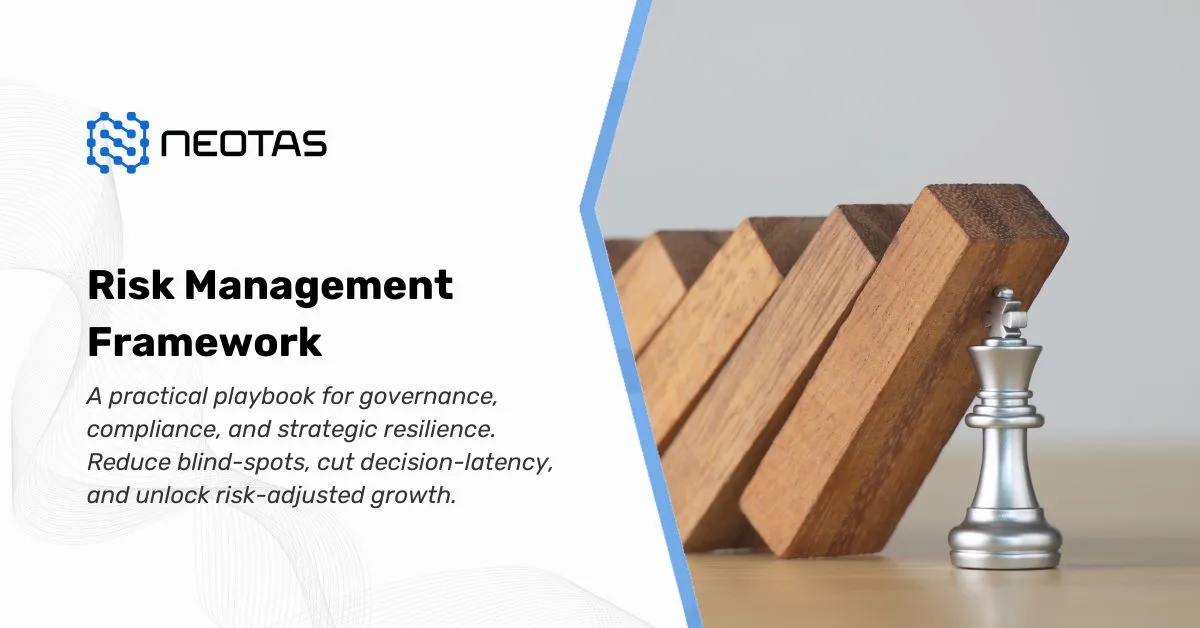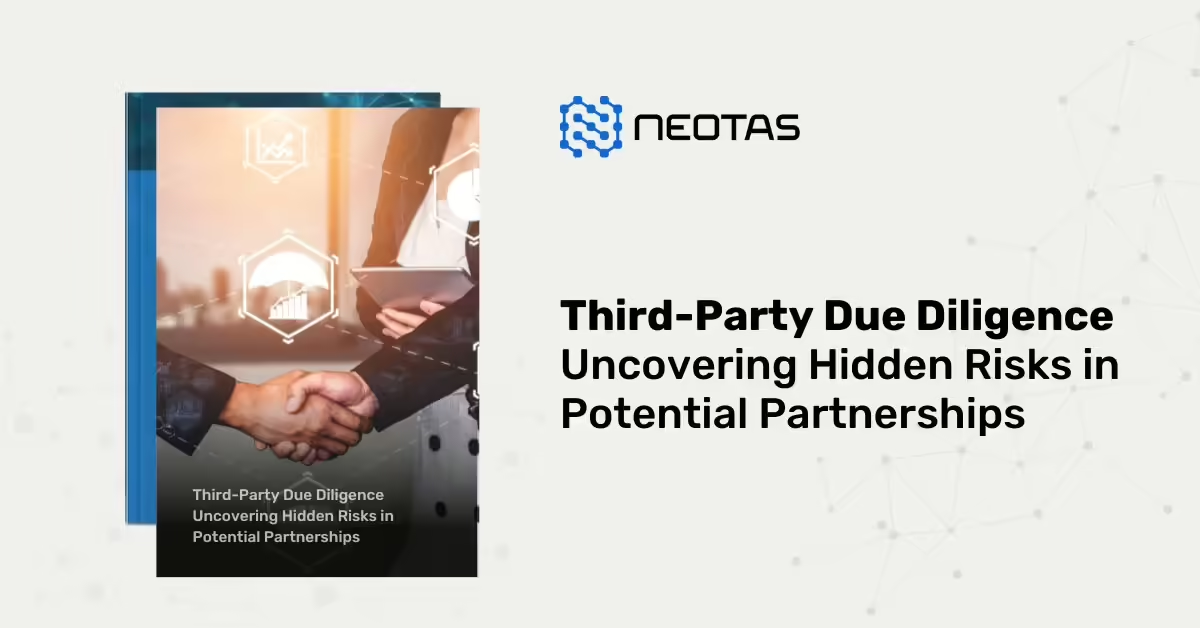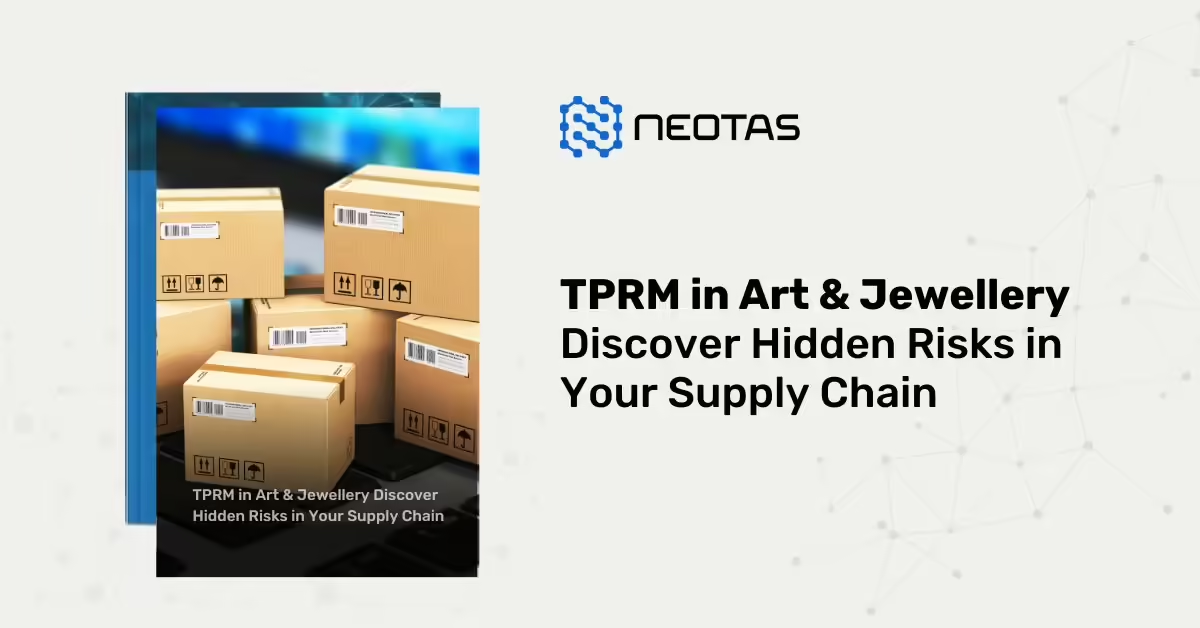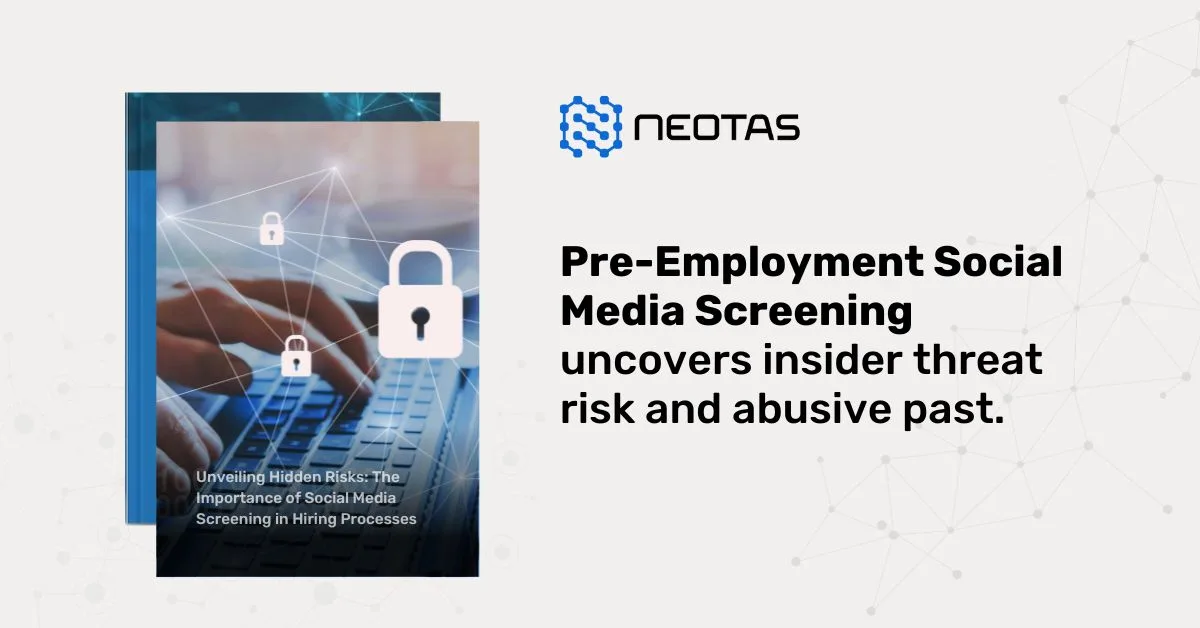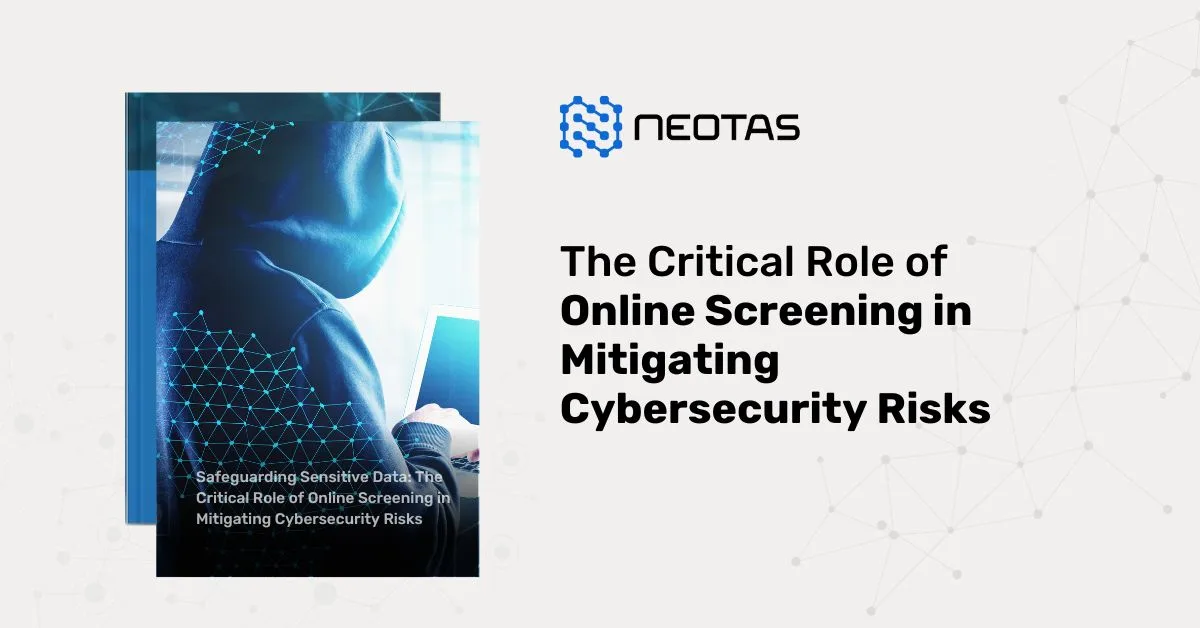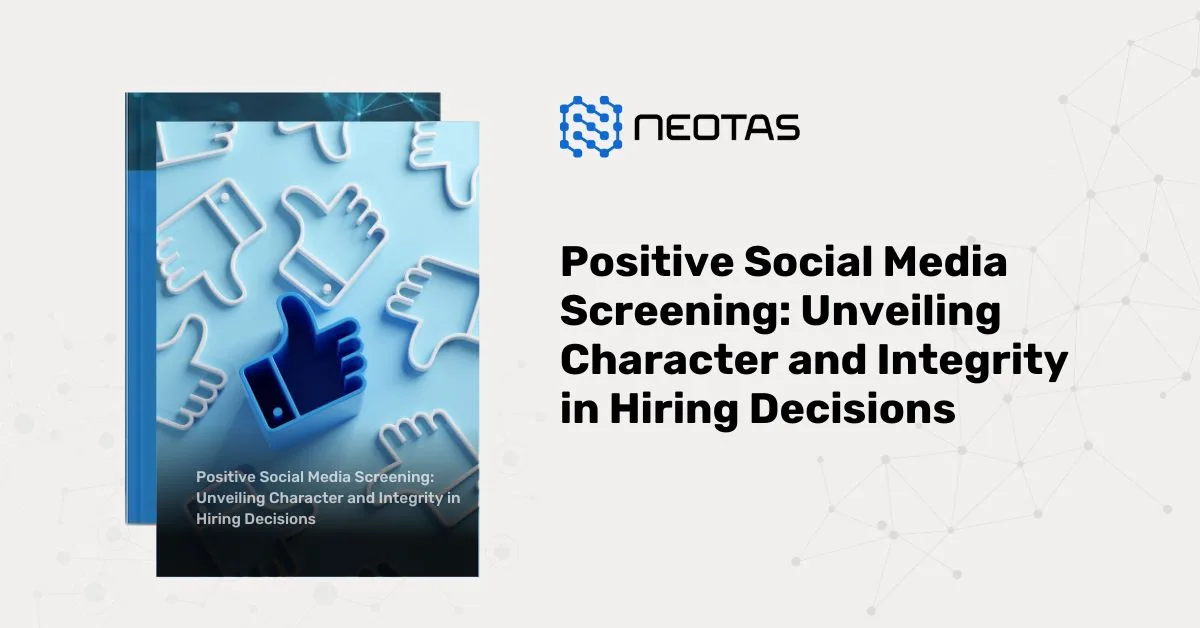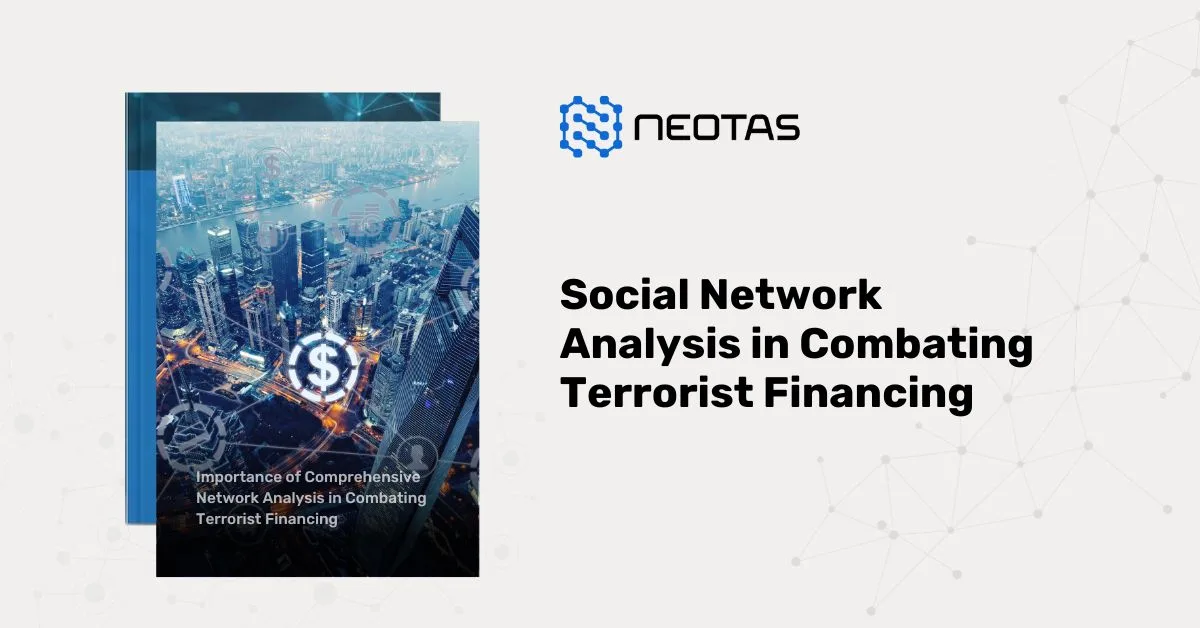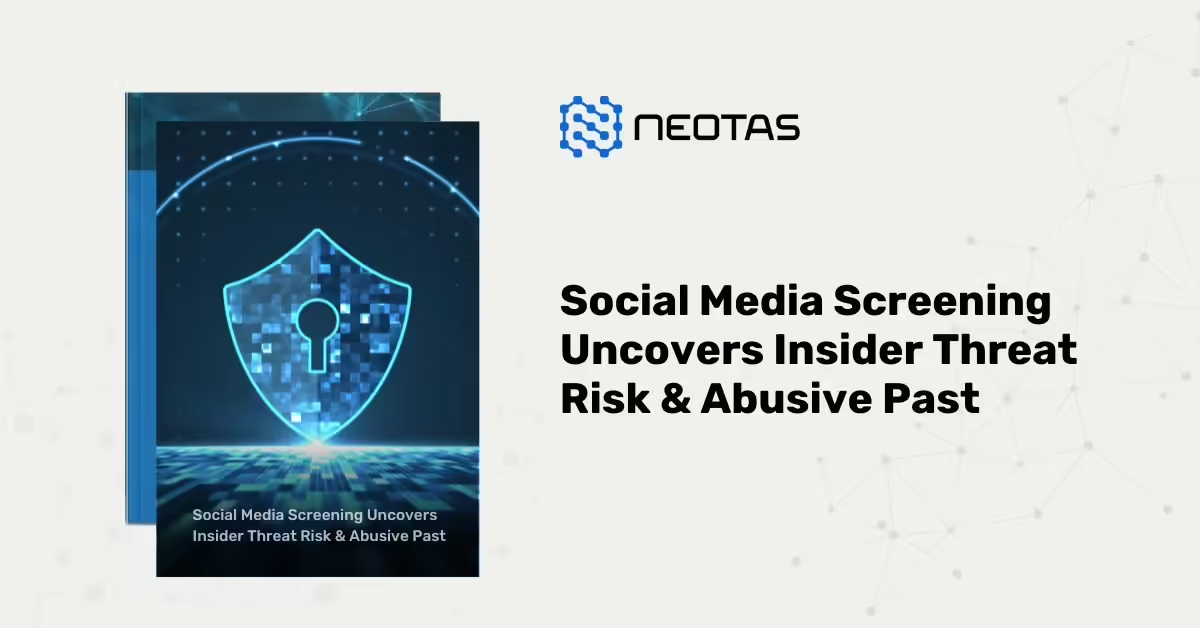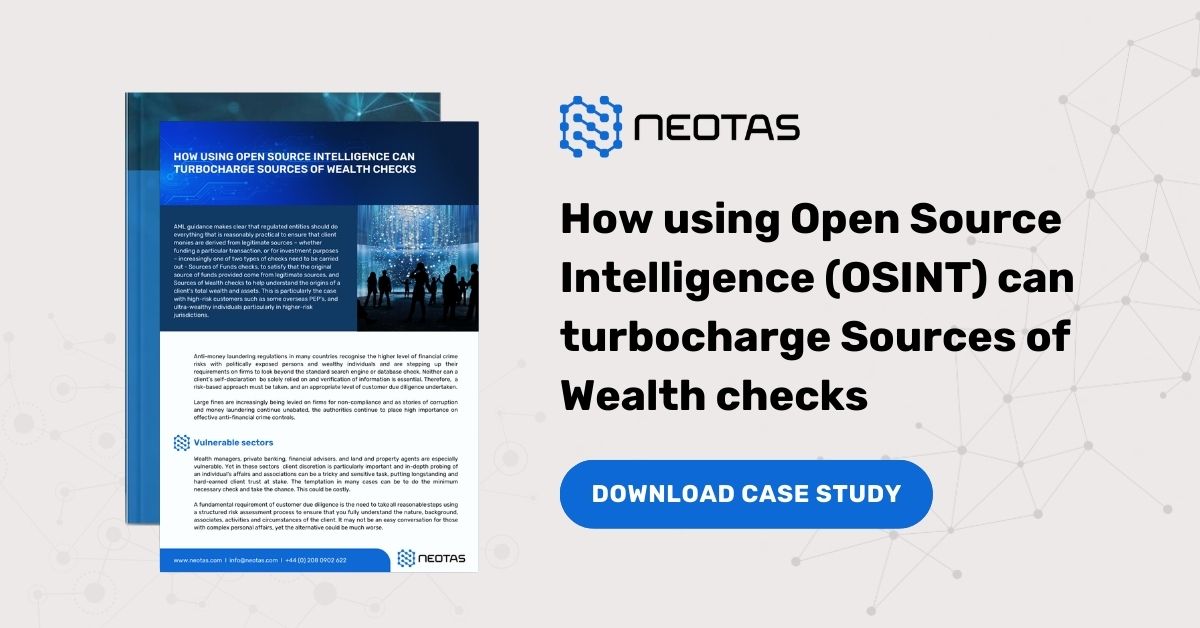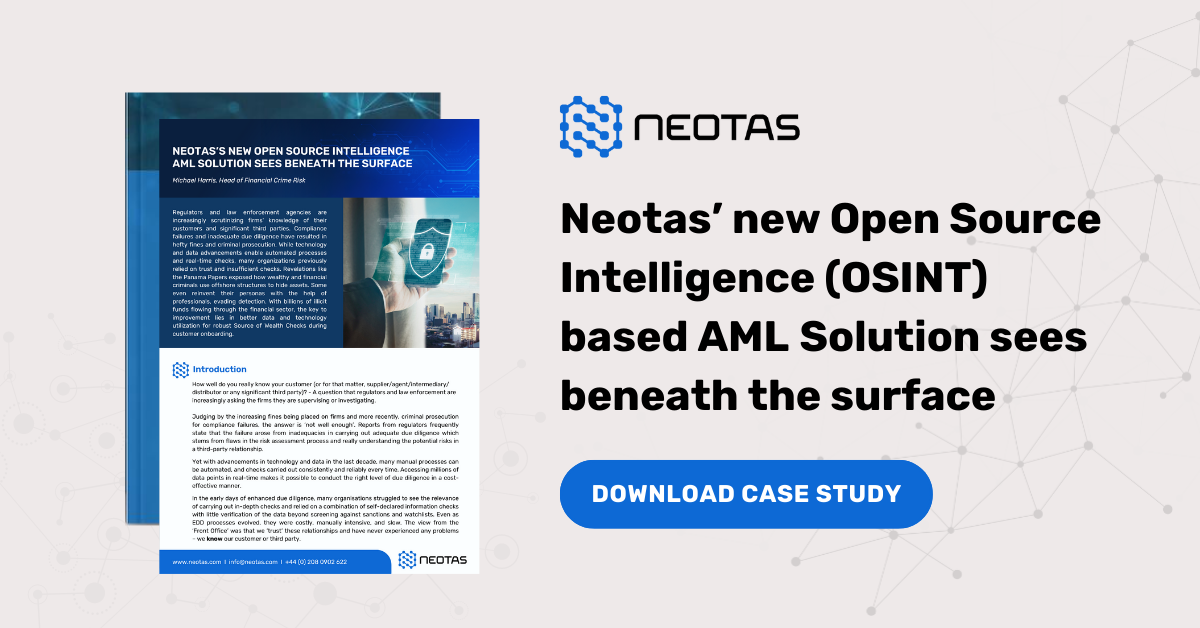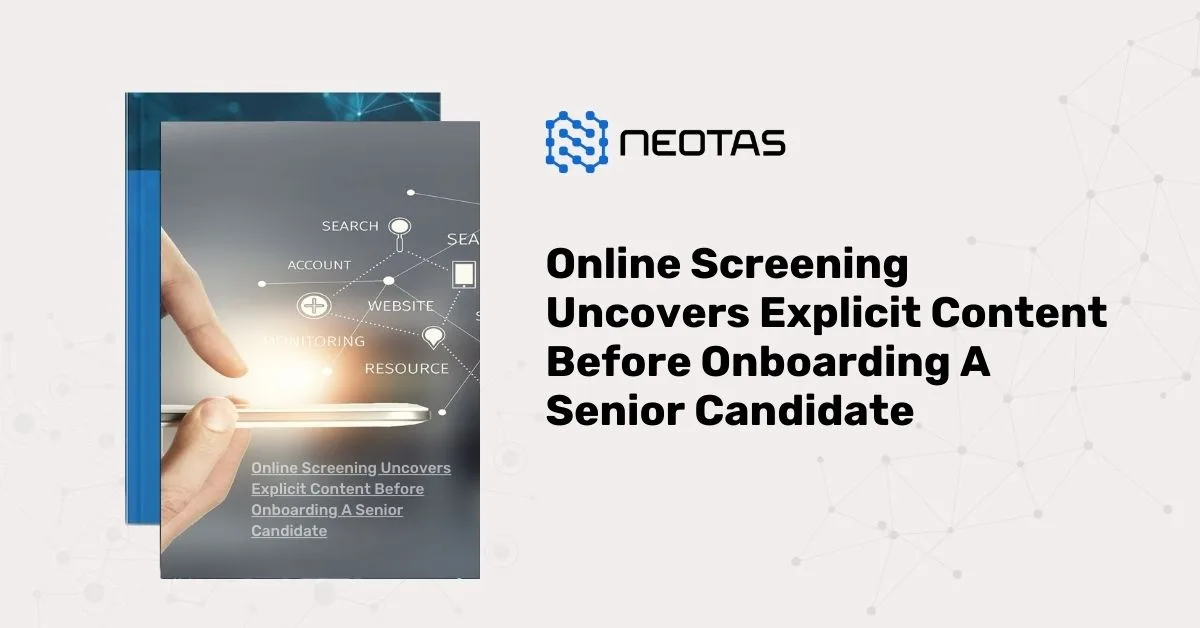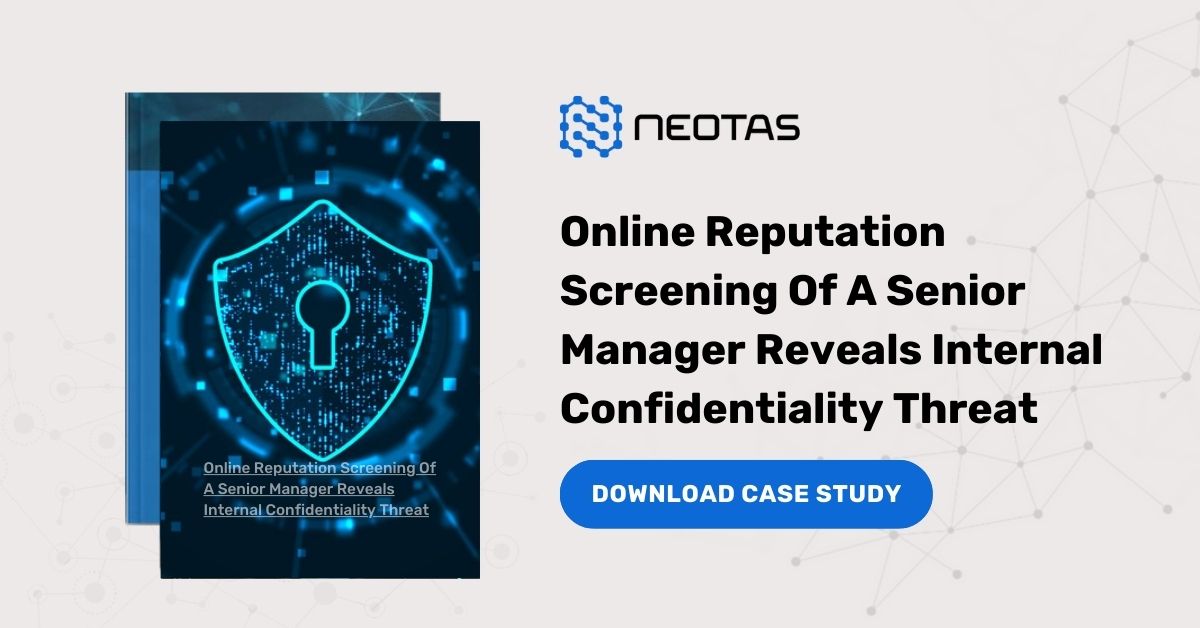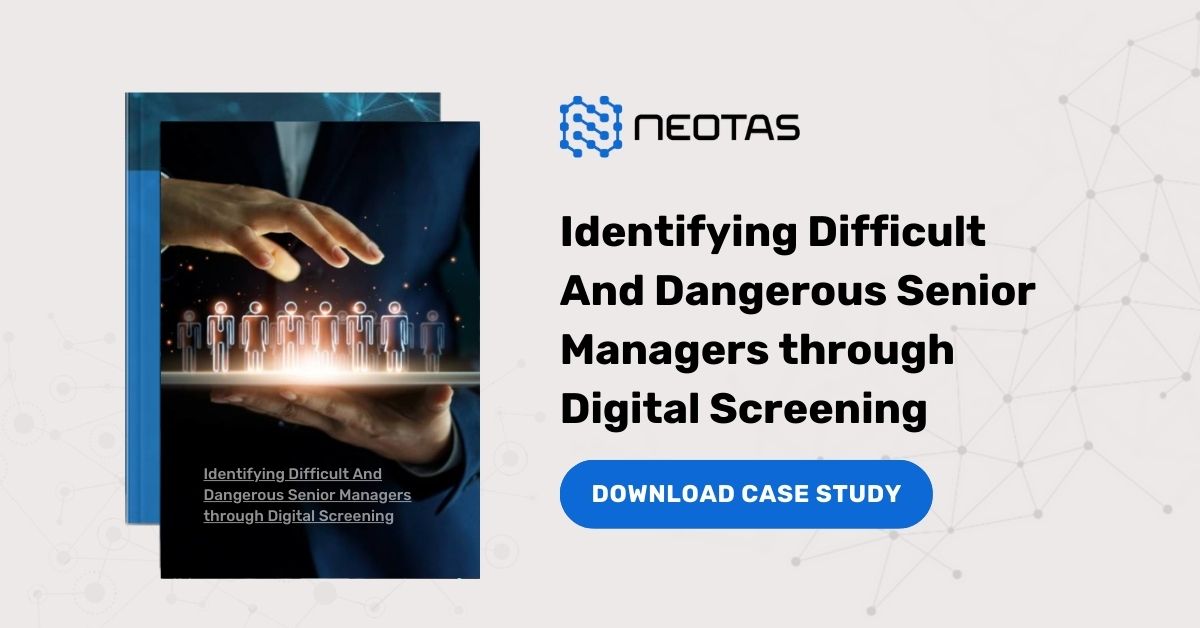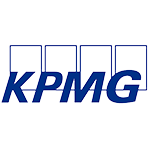An Enhanced Due Diligence (EDD) platform is a specialized software or tool designed to assist businesses, financial institutions, and other organizations in conducting more thorough and comprehensive due diligence on individuals, entities, or transactions that may present higher risks. EDD is an advanced level of scrutiny that goes beyond standard due diligence procedures, typically applied to clients, customers, vendors, or partners who are associated with greater potential for legal, regulatory, financial, or reputational risks.
An EDD platform usually incorporates advanced technology, data analytics, and various data sources to help organizations gather, analyze, and interpret information about the subject of their due diligence. Here are some features and functionalities that an EDD platform might offer:
- Data Aggregation: EDD platforms often aggregate data from diverse sources such as public records, government databases, watchlists, news articles, social media, and more.
- Risk Scoring: These platforms can assign risk scores or ratings to individuals or entities based on the analysis of gathered data. This aids in quickly identifying and prioritizing high-risk cases.
- Automated Screening: EDD platforms may have automated screening processes that compare the subject’s information against various watchlists, sanctions lists, and politically exposed person (PEP) databases.
- Adverse Media Monitoring: They can monitor news sources and media outlets for any negative or adverse mentions related to the subject, helping to identify potential reputation risks.
- Advanced Analytics: EDD platforms often use advanced analytics techniques to identify patterns, anomalies, and hidden connections within the data that might indicate suspicious activities.
- Customizable Workflows: These platforms allow organizations to customize their EDD processes based on their specific risk profiles and compliance requirements.
- Document Management: EDD platforms may offer tools for securely storing, managing, and accessing due diligence documentation and reports.
- Compliance Reporting: They can generate comprehensive compliance reports that document the steps taken during the EDD process and the rationale behind risk decisions.
- Integration: EDD platforms can integrate with other internal systems, such as Customer Relationship Management (CRM) or Anti-Money Laundering (AML) software, for seamless information exchange.
- Audit Trail: EDD platforms often maintain a detailed audit trail of all actions and decisions made during the due diligence process, ensuring transparency and accountability.
The goal of an EDD platform is to help organizations enhance their risk assessment capabilities, streamline their due diligence processes, and ensure they are meeting regulatory and legal requirements. These platforms play a crucial role in mitigating risks associated with money laundering, terrorist financing, fraud, corruption, and other illicit activities that could harm the organization’s operations and reputation.


 Financial Crime Compliance Trends 2024
Financial Crime Compliance Trends 2024